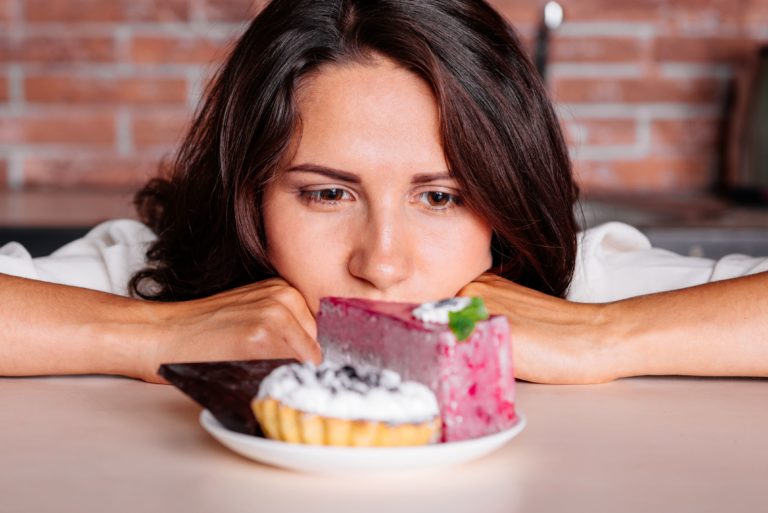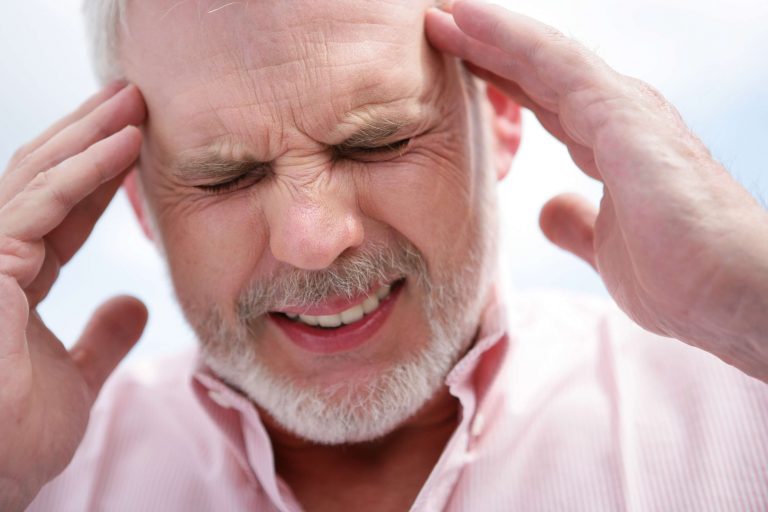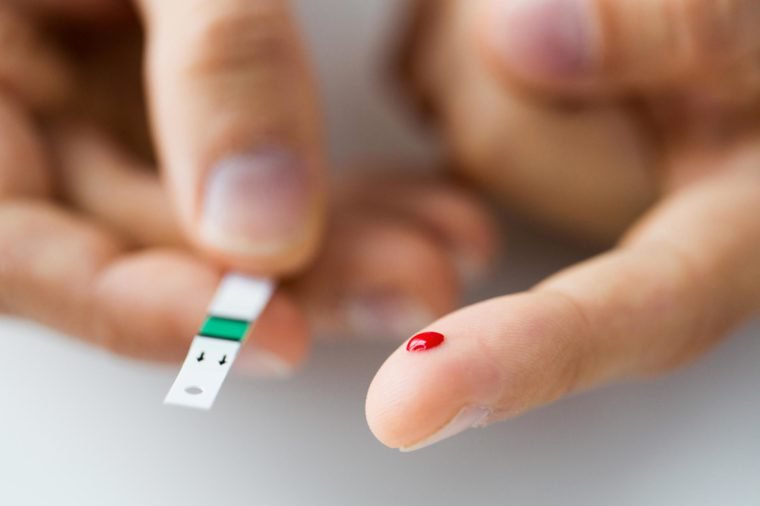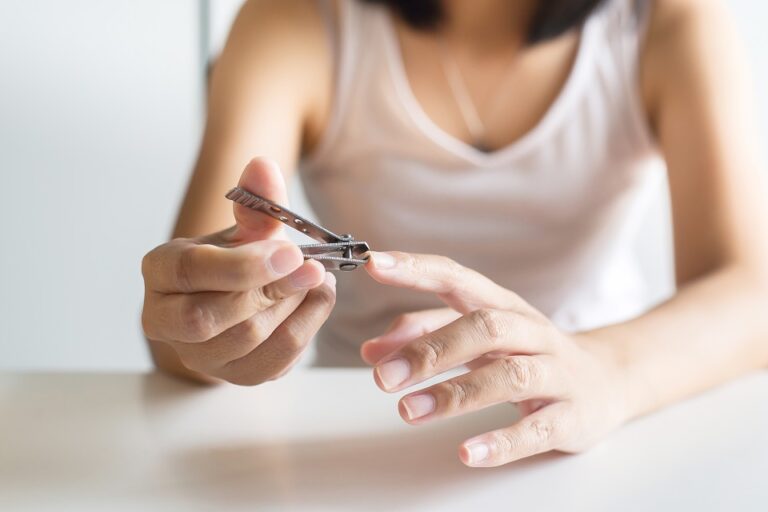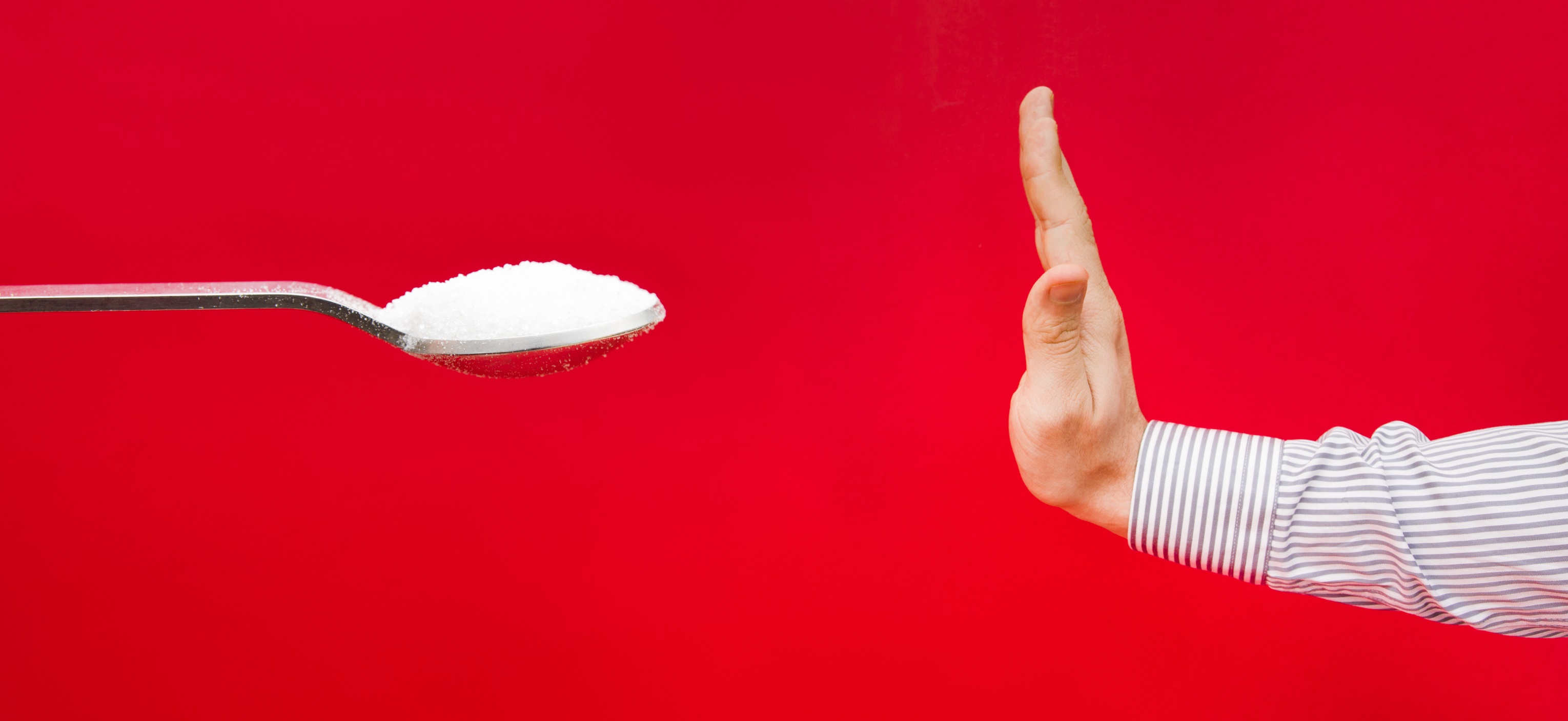
Cutting out sugar isn’t easy, but the health benefits are exponential—and they kick in almost immediately after you rein in your sweet tooth. Here’s exactly what happens.
You will look younger
Sugar equals wrinkles, says Anthony Youn, MD, a plastic surgeon in Troy, Michigan, and author of The Age Fix: A Leading Plastic Surgeon Reveals How To Really Look Ten Years Younger. “Sugar causes glycation, a process by which the sugar molecules bind to and deform the collagen and elastin in our skin,” he says. Collagen and elastin are the two main proteins that give our skin its youthful, supple properties, so we want to preserve them as much as possible.
”Giving up (or reducing) the amount of sugar you eat can also reduce glucose and insulin spikes in your bloodstream, reducing chronic and acute inflammation linked to aging.” You can get your glow on within 14 days of giving up sugar, Dr. Youn says.
You’ll get happy
“You might think eating a cookie will make you happy, but sugar consumption has actually been linked to higher rates of depression,” says Megan Gilmore, a certified nutritionist consultant in Kansas City, Kansas, and author of No Excuses Detox: 100 Recipes to Help You Eat Healthy Every Day. “This may be due to the fact that sugar can lead to chronic inflammation, which impacts brain function.” When you cut out sugar, you might feel that fog lift, along with your mood, in just one to two weeks, she says.
Research helps to back this up. Women who consumed foods that ranked high on the glycemic index, including those rich in added sugar, were more likely to be depressed than women who ate fewer of these foods. This study appears in the June 2015 issue of The American Journal of Clinical Nutrition. If you control sugar spikes, you keep your moods in check, confirms Leah Kaufman, MS, registered dietitian at NYU Langone’s Weight Management Program.
“Think about a kid on Halloween. After they eat all that sugary candy, they get a sugar high and then they crash,” she says. This is what happens when adults eat sugar too. Another study also shows that men who 67 grams or more of sugar per day had a higher risk of developing depression than those who ate less than 40 grams per day.
You’ll shed pounds
On average, we consume 22 teaspoons of added sugar a day, which equals around 350 calories, according to the Harvard School of Public Health in Boston. “Sugar can be addicting, and when we decrease the amount that we eat, it also stops cravings, so we consume fewer calories and lose weight,” Kaufman says.
“When you eat refined sugar, your body may not get the signal that you’re full, causing you to consume too many calories and gain weight,” Gilmore says, adding, “When you replace sugar with nourishing whole foods, your hormones will naturally regulate, sending signals to the brain when you’ve eaten enough.” As a result, you’ll lose weight without trying so hard—often within the first week, she says.
You’ll catch fewer colds
Sugar contributes to chronic inflammation, which lowers our immune system’s ability to fight off colds and flu, Gilmore says. What happens to your body when you stop eating sugar? “You’re likely to have fewer sniffles year-round, and it may also help to reduce your allergy and asthma symptoms too.” A study published in the American Journal of Clinical Nutrition found that eating 100 grams of sugar lowered white blood cells’ ability to kill bacteria by as much as 50 percent—and this effect lasted for up to 5 hours.
You’ll lower diabetes risk
Quitting sugar gives your body’s natural detox systems a chance to do their job. “In the first couple of hours without sugar, your pancreas will start to produce less insulin and your liver will also start to catch up on processing stored toxins,” explains Marc Alabanza, a Certified Nutritional Counselor and program director of GroundSea Fitness, a detox retreat in the Berkshires of Massachusetts.
This process will take a little longer if you are already insulin resistant (a pre-diabetes state in which your body produces the hormone insulin, but doesn’t use it properly), he adds. “The time for most of these symptoms to completely subside can run up to five weeks, at which point one will no longer be a slave to refined sugar.”
You’ll live longer
“When glucose spikes after eating sugary food, our insulin increases to compensate for it, and this activates a part of our nervous system which increases blood pressure and heart rate,” Kaufman says. High blood pressure is a major risk factor for heart disease, as is diabetes and obesity, both of which have been linked to excessive sugar consumption.
Sugar also increases unhealthy blood fats called triglycerides in the blood, which up risk for heart disease and stroke. In one April 2014 study, those who ate the most added sugar were most likely to die from heart disease than their counterparts who consumed the least.





